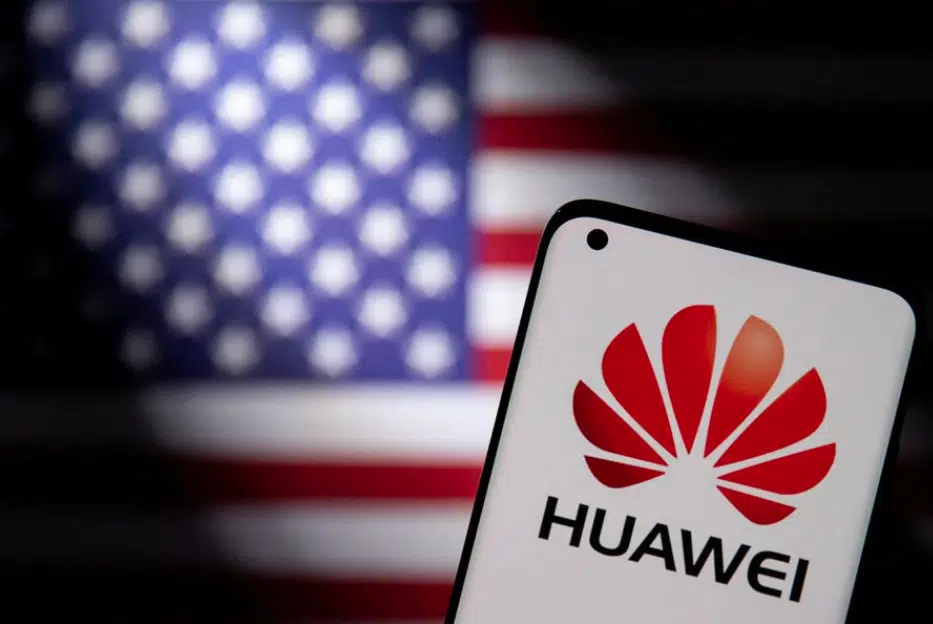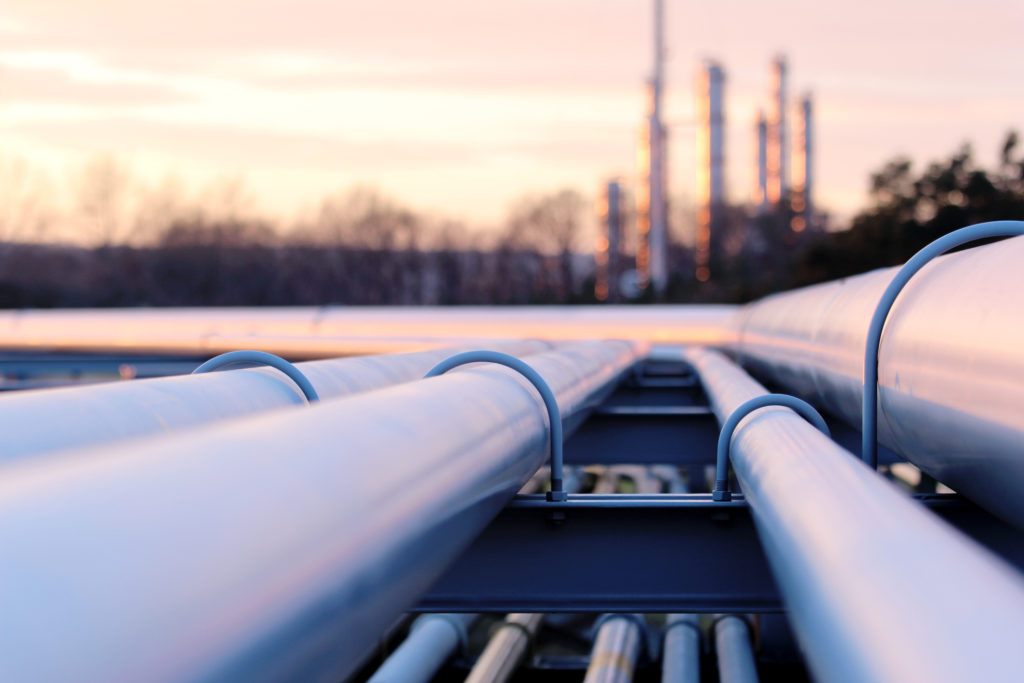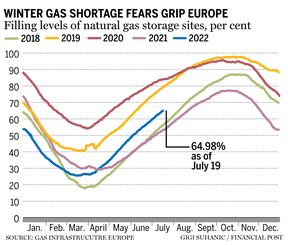 https://planningbeyondcapitalism.org/food-and-financial-imperialism-how-the-imf-and-the-world-bank-work-together/
https://planningbeyondcapitalism.org/food-and-financial-imperialism-how-the-imf-and-the-world-bank-work-together/Raunak Roy
Citi | MBA (IIMB) | Ex Asst. Manager - BPCL | Mech. Engg from JU (rank 8) | JNCASR scholar
The era of imperialism is ended or so we think. When we think of imperialism, we are reminded of how some European countries invaded foreign lands in the past and colonized them. They caused a whole lot of agony for the local people and looted all their resources for the growth of the colonial superpower.
Although imperialism might have political and social motives behind it, the main premise on which it is based on is economic gain. New territory is captured to gain control on the resources available in that region. These regions also provide a market for the goods manufactured in the colonizing countries. Also, these lands become a source of cheap labour.
The world has changed now. Now it is downright unethical and to invade a country and take over its resources. No one even fears it as a possibility. But all is not as great as it seems. New world orders and capitalism led to a new form of imperialism called financial imperialism or neo-liberalization.
Financial Imperialism is a means by which a country or a group of countries gain financial dominance over another country or a group of countries by taking advantage of the debt situation in those countries. It is a much simpler strategy compared to invading the country and is much more effective.
Let us take an example. Suppose a poorer country has a large amount of debt. The following things are advised to the country:
1. Restructuring of the economy - Devalue the currency. This will make the exports from that country cheaper compared to others. That in turn will help the country to earn dollars (in most cases that is the currency in which the country has debt in) and repay its debt.
2. Austerity drive - The government spends less in the development of domestic resources like schools, hospitals, roads etc. and increases taxes that the people have to pay. They then use the money saved to pay off debts.
3. Borrowing - Borrow from private institutions and banks. Since the rate of return in low in the developed countries, private banks and other institutions agree to lend money to these debt-ridden countries at a high interest rate.
But this is where all the problems begin. The devaluation of the currency leads to debts becoming more expensive for the government. The austerity drive adversely affects the people of the country as there is no economic development taking place and all the money is being used to repay debts. Borrowing money from private institutions increases the interest that the government has to pay.
The combined effect of all this is that the government keeps on borrowing and they fall into this trap which they can’t get out of. Another consequence of all this is that unemployment rises in the country due to the austerity drive of the government. The government is then forced to allow industries from rich countries to set up manufacturing units there. The country issues very little taxes and imposes very lenient regulations on these foreign companies. But the money that is earned by these companies go back to their origin country and not to the debt-ridden country.
This is becoming a reality in many African countries. The IMF (International Monetary Fund) considers 59 countries as low-income developing countries. 24 of these countries are now facing a high debt. That’s 40% of the poor countries who are already in this situation or are going to be in one. These include Republic of Congo, Mozambique, Zimbabwe, Sudan, Somalia, Venezuela etc. Along with the usual lenders like USA, UK and other European countries, China as a country is expanding its presence in this domain.

Greece is a recent example of how debt can spiral out of control. Greece was indebted to a number of private banks in Europe. When it was unable to pay its debt and was defaulting on its interest payments, the European Commission, European Central Bank, International Monetary Fund (known as the Troika) bailed it out in 2010. The debt was transferred to Troika balance sheet and Greece was billed for the same. What essentially happened was that Troika was just transferring money it got from Greece to the private banks. Troika was simply acting as a middleman.
Greece now has a new debt and the Eurozone recession of 2011-13 exacerbated its condition. Greece had to borrow to make payments to the Troika. Greece again turned to private investors for funds. It started an austerity drive which stopped growth in the country. Unemployment rose to 20%. Interests began to be charged on interest payments. The bankers were happy because they were getting a steady flow of funds. On top of this money was being made via financial speculation on bonds, stocks, derivative and other financial securities. Money was being made while Greece’s economy was spiraling downward.
Greece is definitely one of the forerunners but there are others in the same condition as well. Integrating world economies is paving the way for richer countries to take financial control over poorer countries. The UN and other world organizations have to step up to prevent exploitation and draw up legislations to help the poor countries while protecting them from the richer ones.
Published on June 24, 2020
Published by

Raunak Roy
Citi | MBA (IIMB) | Ex Asst. Manager - BPCL | Mech. Engg from JU (rank 8) | JNCASR scholar
4 articles
A new form of imperialism called financial imperialism has been on the rise for quite some time now. This article tries to understand what the concept is and how it is adversely affecting countries that are under a lot of debt.
Modern Imperialism, Monopoly Finance Capital, and Marx’s Law of Value
$23.00 – $95.00
Unlike such obvious forms of oppression as feudalism or slavery, capitalism has been able to survive through its genius for disguising corporate profit imperatives as opportunities for individual human equality and advancement. But it was the genius of Karl Marx, in his masterwork, Capital, to discover the converse law of surplus value: behind the illusion of the democratic, supply-and-demand marketplace, lies the workplace, where people trying to earn a living are required to work way beyond the time it takes to pay their wages. Leave it to the genius of Samir Amin to advance Marx’s theories—adding to them the work of radical economists such as Michal Kalecki, Josef Steindl, Paul Baran, and Paul Sweezy—to show how Marxian theory can be adapted to modern economic conditions.
Amin extends Marx’s analysis to describe a concept of “imperialist rent” derived from the radically unequal wages paid for the same labor done by people in both the Global North and the Global South, the rich nations and the poor ones. This is global oligopolistic capitalism, in which finance capital has come to dominate worldwide production and distribution. Amin also advances Baran and Sweezy’s notion of economic surplus to explain a globally monopolized system in which Marx’s “law of value” takes the form of a “law of globalized value,” generating a super-exploitation of workers in the Global South. Modern Imperialism, Monopoly Finance Capital, and Marx’s Law of Value offers readers, in one volume, the complete collection of Samir Amin’s work on Marxian value theory. The book includes texts from two of Amin’s recent works, Three Essays on Marx’s Value Theory and The Law of Worldwide Value, which have provoked considerable controversy and correspondence. Here, Amin answers his critics with a series of letters, clarifying and developing his ideas. This work will occupy an important place among the theoretical resources for anyone involved in the study of contemporary Marxian economic and political theory.
What is splendid in Amin’s writing…is his lucidity of expression, his clear consistency of approach, and, above all, his absolutely unwavering condemnation of the ravages of capital and of bourgeois ideology in all its forms.… Amin remains an essential point of reference, and an inspiration.
Hobson Lives? Finance, Finance Capitalism, and British Imperialism, 1870–1914
This chapter looks at Imperialism: A Study in the context of modern knowledge of the size, distribution, and ownership of foreign investment and its place in the British economy. It tests the book's argument that the costs of empire were paid by the nation as a whole, but only a very small elite got the benefits. Three brief case studies are also presented. The first is concerned with the background to the occupation of Egypt in 1882, the second with the origins of the Boer War of 1899-1902, and the third investigates the British role in the scramble for China between 1895-1914. There may be more mileage in future in developing Hobson's thoughts on the rise of big business and cartels in Imperialism: A Study and in The Evolution of Modern Capitalism than in pursuing the more traditional lines of Hobsonian thinking.
Keywords: J. A. Hobson, Imperialism: A Study, British economy, Egypt, Boer War, China, big business, cartels, The Evolution of Modern Capitalism
Oxford Scholarship Online requires a subscription or purchase to access the full text of books within the service. Public users can however freely search the site and view the abstracts and keywords for each book and chapter.
Please, subscribe or login to access full text content.
If you think you should have access to this title, please contact your librarian.
To troubleshoot, please check our FAQs , and if you can't find the answer there, please contact us .







